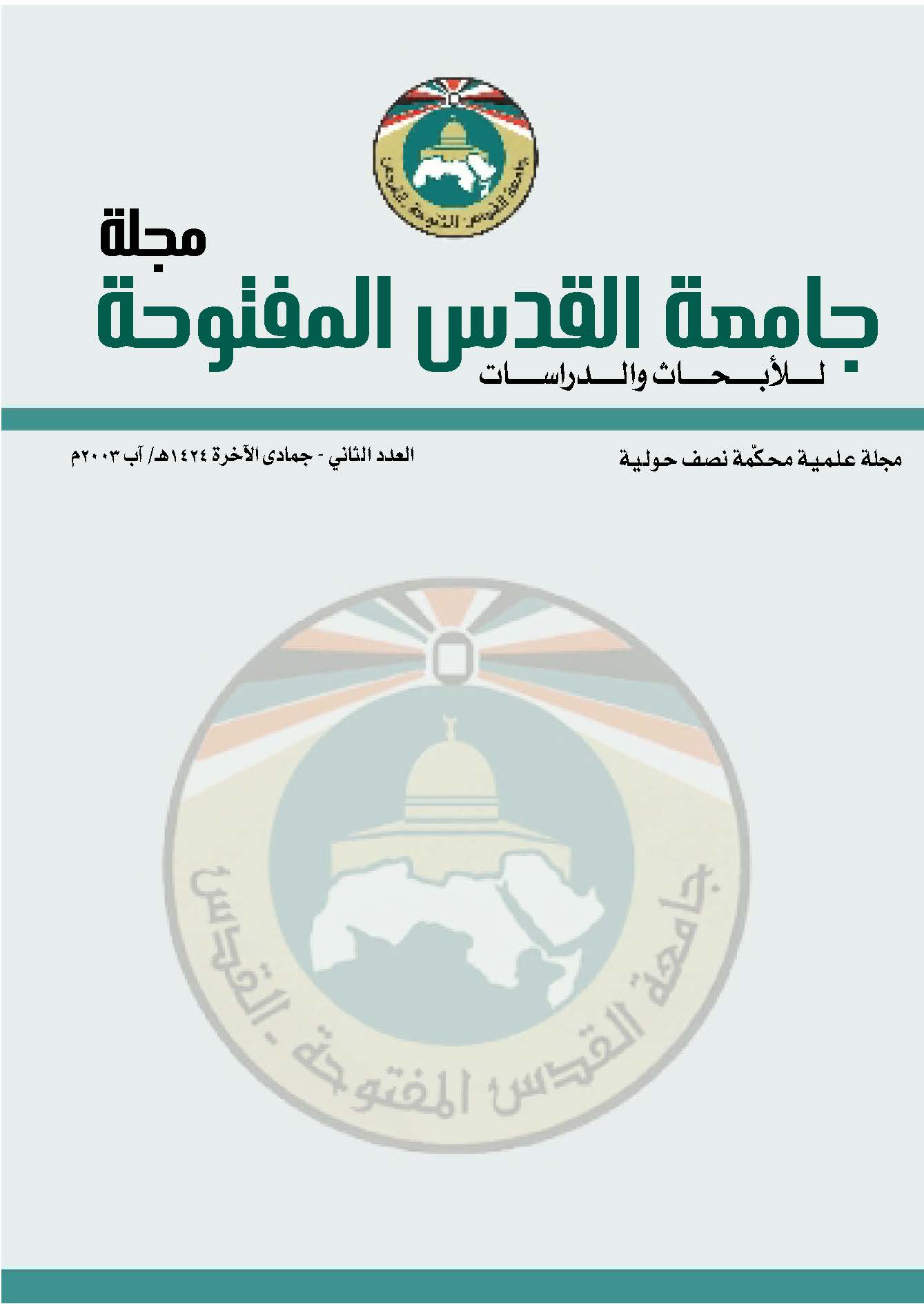Sambar a Reflection of the God Tammouz in the Poetry of the Era before Islam (Jahiliyyah )
Keywords:
Sambar, the God Tammouz, Poetry of the Era before Islam (Jahiliyyah ), masculine godsAbstract
This research investigates the Epic of masculine gods in the book of
human thought. It mainly presents the supreme god- the father and husband.
The research also sheds light on the underground figures that usually disguise
in similar physiognomy assuming the crescent shape such as the ox, the he
goat, and the he sheep representing masculine gods starting by Demos,
Tammouz, Adonis, Bal, Atees and ending with Missayeh.
The research finds in the Sambar a reflection of the god Tammouz,
the most famous masculine god. The two names of this animal, which have
been revealed by profound research of language archaic terminology, connote
and reflect the close relationships with the greatest masculine god ‘Il‘.
Moreover, ancient engravings, paintings, and texts have constantly pointed
to the great importance of this animal‘s sacred status in human thought in
general and the pre-Islamic one in particular. However, the pre-Islamic
poetry comprises a group of common mythical elements that this animal
shares with the god ‘Tammouz’ such as their relation with Mount Faw- the
god- and the dwelling of his resurrection from his somnifacient place in
addition to their connection with immortality and their cooperation with the
god of death and evil ‘the snake‘. Finally, the features of their sovereignty
and fertility are also included in this research.
Downloads
Published
How to Cite
Issue
Section
License
- The editorial board confirms its commitment to the intellectual property rights
- Researchers also have to commit to the intellectual property rights.
- The research copyrights and publication are owned by the Journal once the researcher is notified about the approval of the paper. The scientific materials published or approved for publishing in the Journal should not be republished unless a written acknowledgment is obtained by the Deanship of Scientific Research.
- Research papers should not be published or republished unless a written acknowledgement is obtained from the Deanship of Scientific Research.
- The researcher has the right to accredit the research to himself, and to place his name on all the copies, editions and volumes published.
- The author has the right to request the accreditation of the published papers to himself.













_2.png)
_.png)
_2.png)
_1.png)
_.png)

